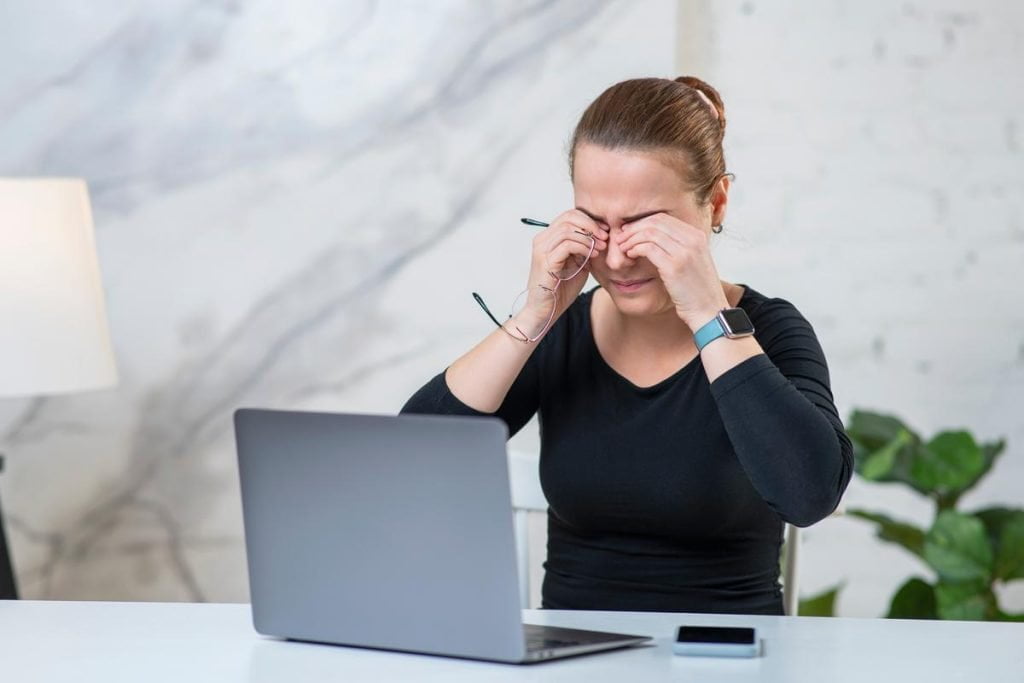
10 Minutes
With the emergence and evolution of technology, the human race has surrounded itself with the latest gadgets and machines, including smartphones, laptops, tablets, digital book readers, and more. While these gadgets have helped humans in multiple ways, such as bridging gaps, making communication easier, etc., the risk of engaging in their excessive use has also increased.
With each passing day, more and more people are becoming addicted to screens which have been harming their mental health in multiple ways. It is imperative to understand these effects and take steps to avoid them before they become permanent.
FAQs
A UNIQUE METHOD TREATING Insights
a successful and proven concept focusing on underlying causesLASTING APPROACH
0 Before
Send Admission Request
0 Before
Define Treatment Goals
1 week
Assessments & Detox
1-4 week
Psychological & Holistic Therapy
4 week
Family Therapy
5-8 week
Aftercare
12+ week
Refresher Visit
Insights
latest news & research on InsightsHow To Love Yourself
It is not as difficult as you would imagine to communicate with your higher guidance. The trick is to be willing to learn about self-love. The solutions may come quickly or gradually. They can appear in the form of words
read moreMental Training For Athletes
The mental self and physical self are symbiotically linked. In other words, everything that happens in the mind has an impact on the body, and vice versa
read more







